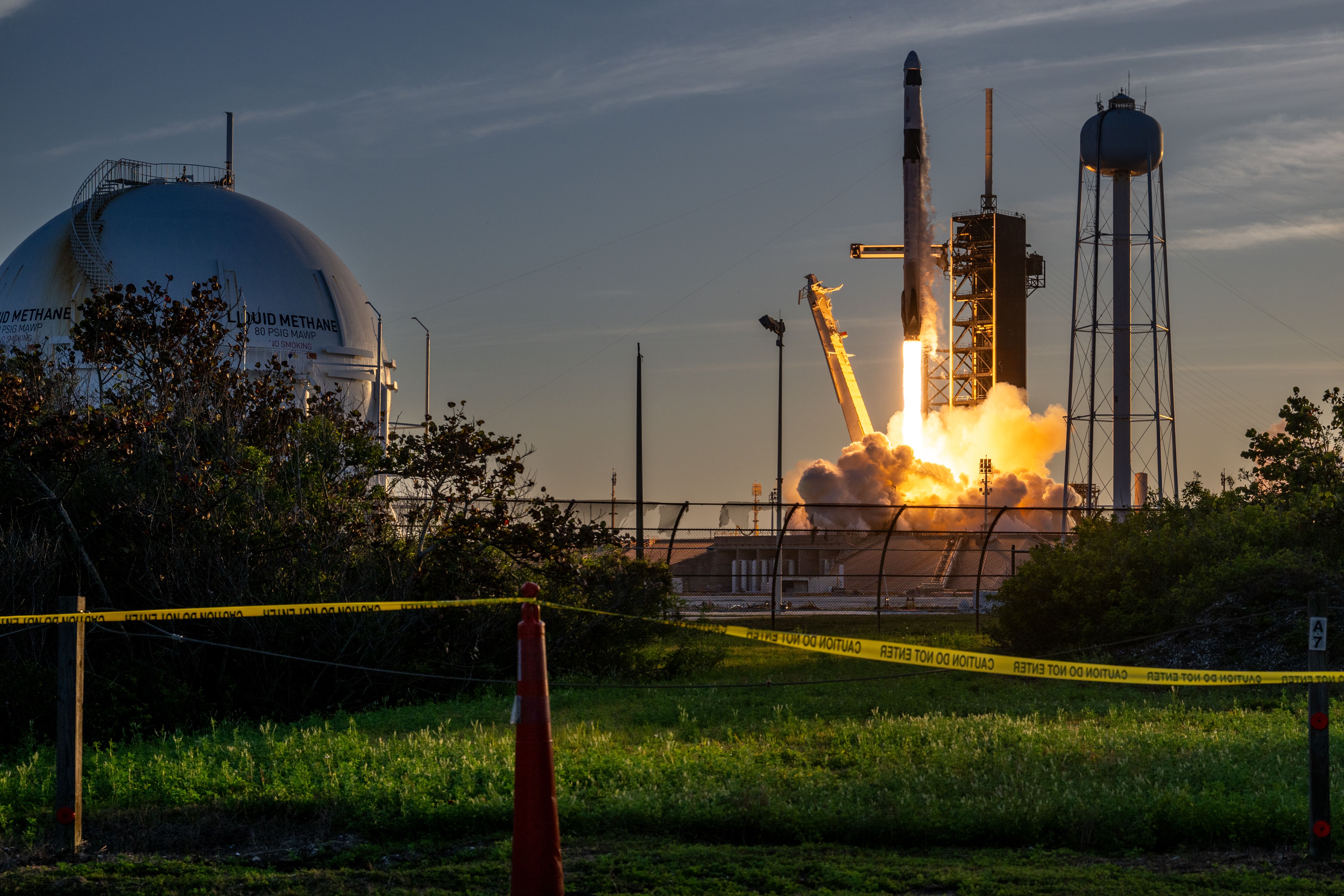New Bacteria Have Been Discovered on a Chinese Space Station
New Bacteria Have Been Discovered on a Chinese Space Station
A team of researchers from the Chinese Academy of Sciences has made an exciting discovery on board the Tiangong space…

New Bacteria Have Been Discovered on a Chinese Space Station
A team of researchers from the Chinese Academy of Sciences has made an exciting discovery on board the Tiangong space station. They have identified a new species of bacteria that is unlike any previously known to science.
The bacteria were found living in a harsh environment on the exterior of the space station, where they have been exposed to extreme temperatures and cosmic radiation. Despite these challenging conditions, the bacteria have thrived and multiplied.
This discovery has important implications for our understanding of how life can survive in space. It raises questions about the potential for microbial life to exist on other planets and moons in our solar system.
The researchers are now studying the bacteria further to learn more about their biology and how they have adapted to life in space. They hope that this research will provide valuable insights into the potential for life beyond Earth.
This discovery is just the latest in a series of exciting findings from the Tiangong space station. Chinese scientists have been conducting a wide range of experiments on board the station, exploring everything from plant growth in microgravity to the behavior of fluids in space.
The new bacteria are a reminder of the incredible diversity of life on Earth and the adaptability of living organisms in even the most extreme environments. This discovery opens up new possibilities for the study of astrobiology and the search for extraterrestrial life.
As scientists continue to explore the mysteries of the universe, discoveries like this serve as a reminder of the endless potential for new and exciting findings. The discovery of new bacteria on the Chinese space station is just the beginning of what promises to be an exciting era of space exploration.




